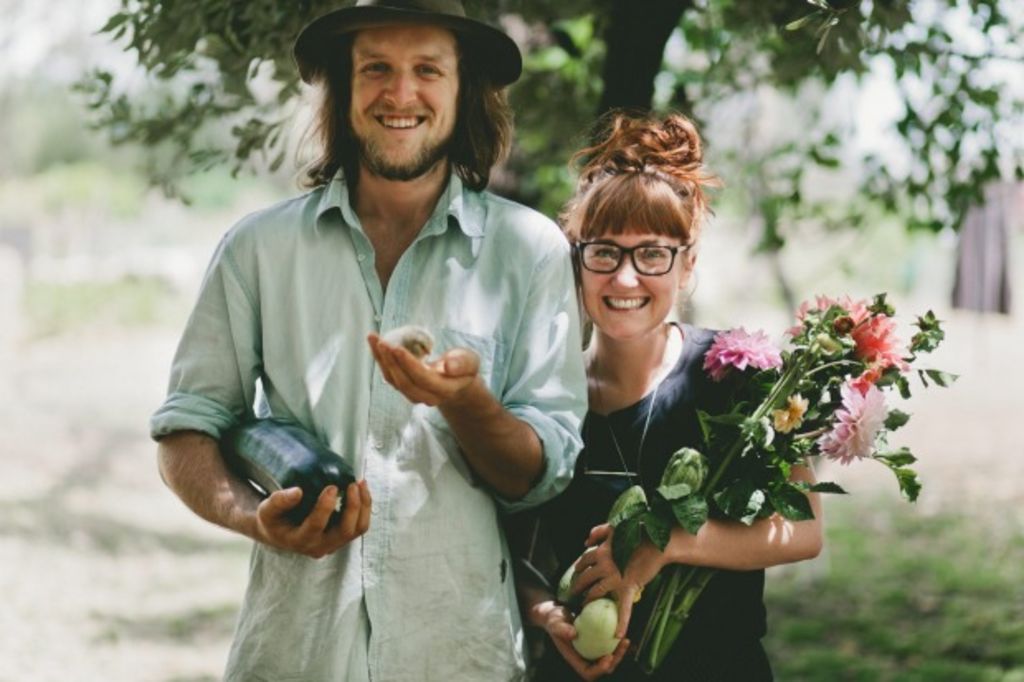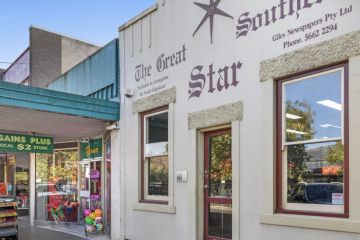Community swap groups on the rise in Australian suburbs

Private trade deals and community swap groups are becoming increasingly popular across Australian suburbs for exchanging food, clothing and homewares.
The concept has sparked numerous online forums, social media pages and community meet-ups where friendship and generosity are more valuable than money.
Margaret Creagh is the co-organiser of two volunteer food swap groups in Melbourne – North Coburg Food Swap and Sustainable Fawkner.
The groups were founded on the belief that access to good food should be a right for all.
The concept of the food groups is simple: for approximately two hours a month, local gardeners meet at a designated location to swap any extra produce they may have.
Members in the groups share garden produce, baked items and other related good such as glass containers for storage and worm juice (a natural soil conditioner.)

Photo: Lentil Purbrick
“Getting local, seasonal, organic and fresh produce is the best, eggs are great too and herbs for teas,” Creagh says.
“Some of the home bakers make delicious biscuits, bread, cakes, dips, preserves [and bring] bags of olives from their trees.”
Creagh attributes the recent surge in trading to the power of social media.
“Several years ago there used to be a printed map ‘Cultivating Community’ of community gardens, but updates and sheer numbers made the use of social media take off so you can [more easily] find a local food swap in your area.”
Gardeners of Grown & Gathered Lentil and Matt Purbrick are fellow advocates for trading, stating on their website, “The rewards trade brings are inexplicable until you’ve experienced them.”

Photo: Lentil Purbrick
The primary reason the couple trades is to generate more human experiences.
“When you use money you get a product, and with trade you can trade for this exact same product, but you get a whole different experience,” Purbrick says.
“Even if it’s simply a human interaction, a conversation about the things you are exchanging, you always get a human experience … We believe that this is what life is all about; this is what leads to real human happiness.”
Originally trading with flowers grown on their property, the couple now have an almost open door policy for what items they’ll swap with.

Photo: Lentil Purbrick
“The intention was to trade what was most abundant in our life, which was flowers, and to not sell a single flower for a year … We did it, and it changed our lives; now we can’t imagine our life without trade,” Lentil Purbrick says.
“These days we primarily trade our necessities – things we can’t or don’t have time to grow, gather or raise ourselves …We trade grains, responsibly sourced chocolate for our homemade wine, flowers for responsibly sourced coffee, vegetables and flowers for olive oil, vegetables for the grapes that make our wine, consultations for skill swapping; the list goes on.”
While the monetary value of goods traded undoubtedly varies, Purbrick avoids thinking of these in terms of money.
“We could trade our vegetables for a great conversation with someone, and for us and them, this might be a fair trade,” Purbrick says.
“However in the modern world of money, this would not be considered as fair.”

Photo: Lentil Purbrick
Trading is not only limited to food and clothing, with tattoos being another popular item to exchange.
Melbourne artist Stanislava Pinchuk, also known as Miso, performs tattoos (often in the form of constellations) on friends in exchange for quality time and homewares.
Recent posts on her Instagram account show tattoos being traded for plants, drawings, jewellery, even boy advice from Florence + The Machine front woman, Florence Welch.
“With tattoos, the exchange is never specified, so it ends up being all kinds of things!” Pinchuk says.
“I’m a big believer in alternative economies, so it’s really great to have a facet of my practice that’s solely devoted to that.”
Her most cherished entities gained through swaps are the tattoos on her hands and select artworks she’d “leap over a house fire to save”.
“I recently had a dream where I woke up and the tattoos on my hands were gone and I was completely devastated,” Pinchuk says.

Photo: supplied by Stanislava Pinchuk
We recommend
States
Capital Cities
Capital Cities - Rentals
Popular Areas
Allhomes
More






